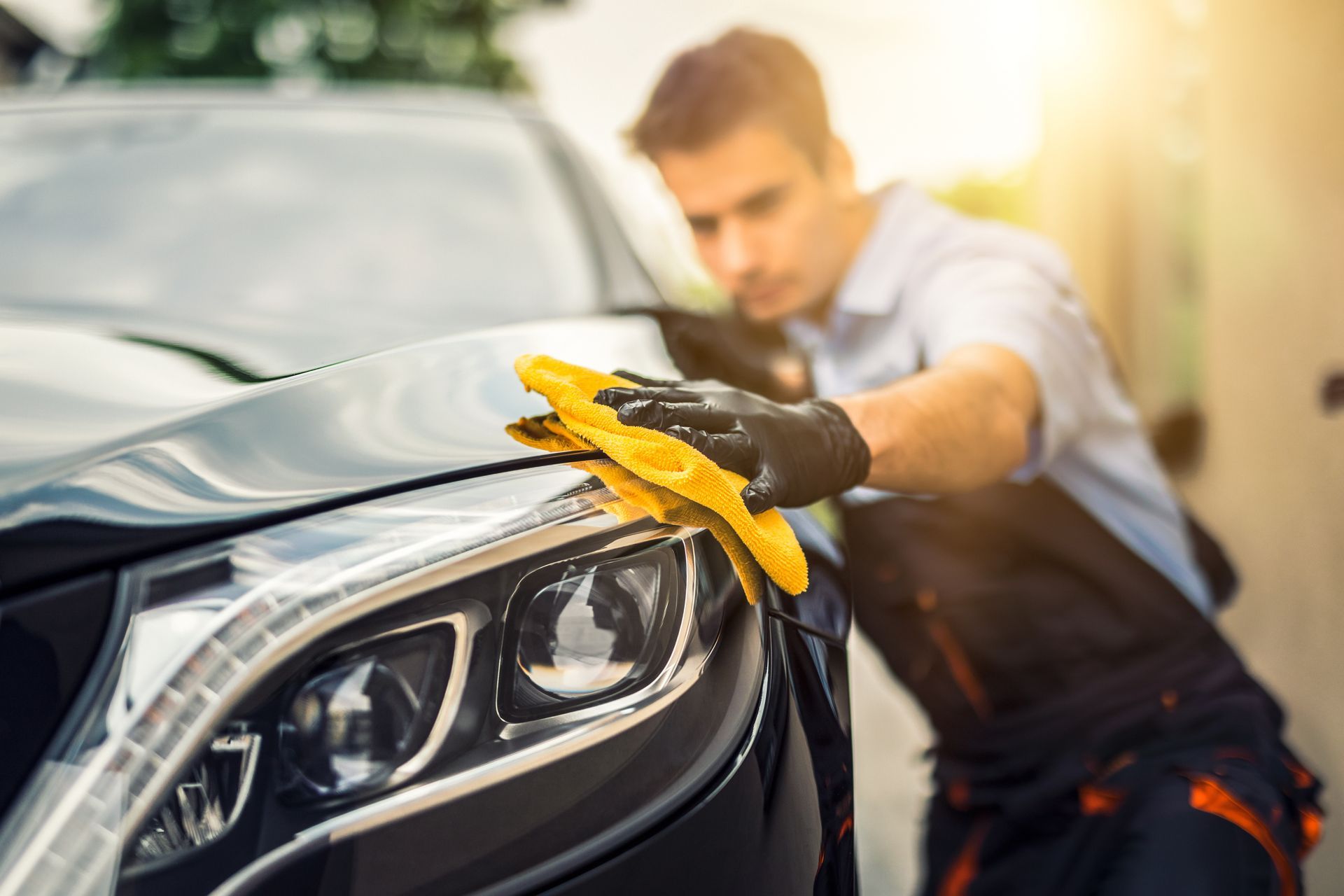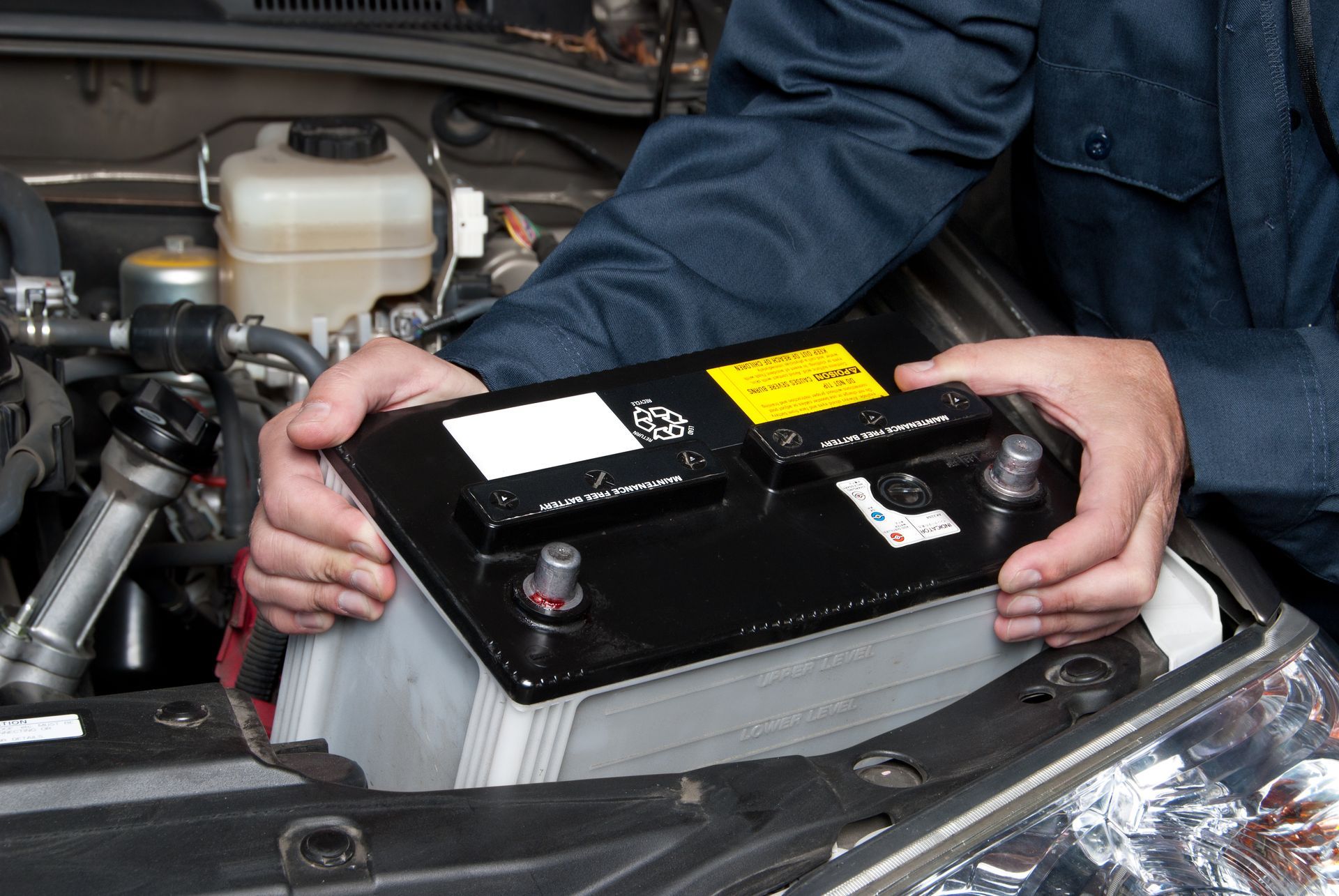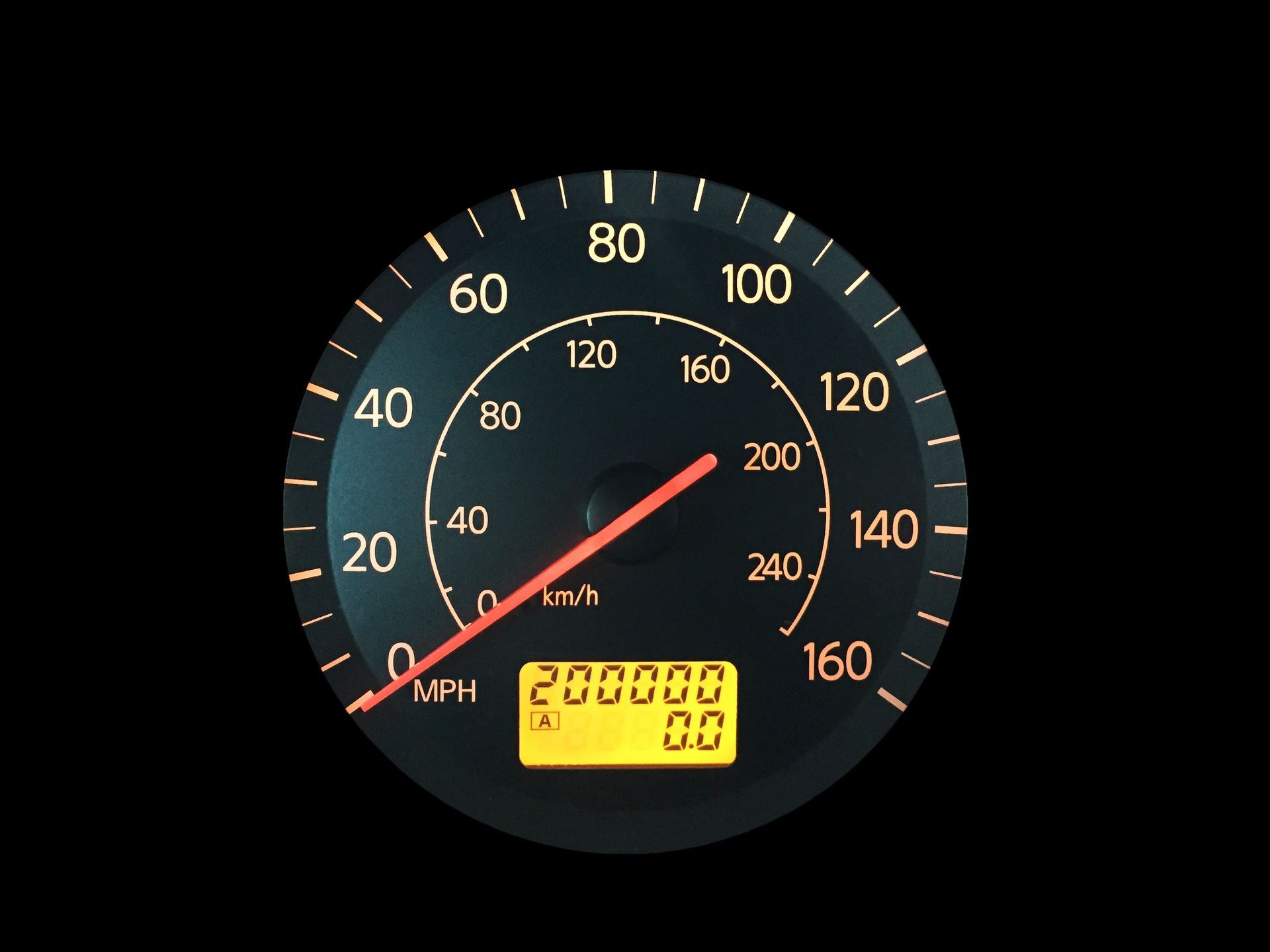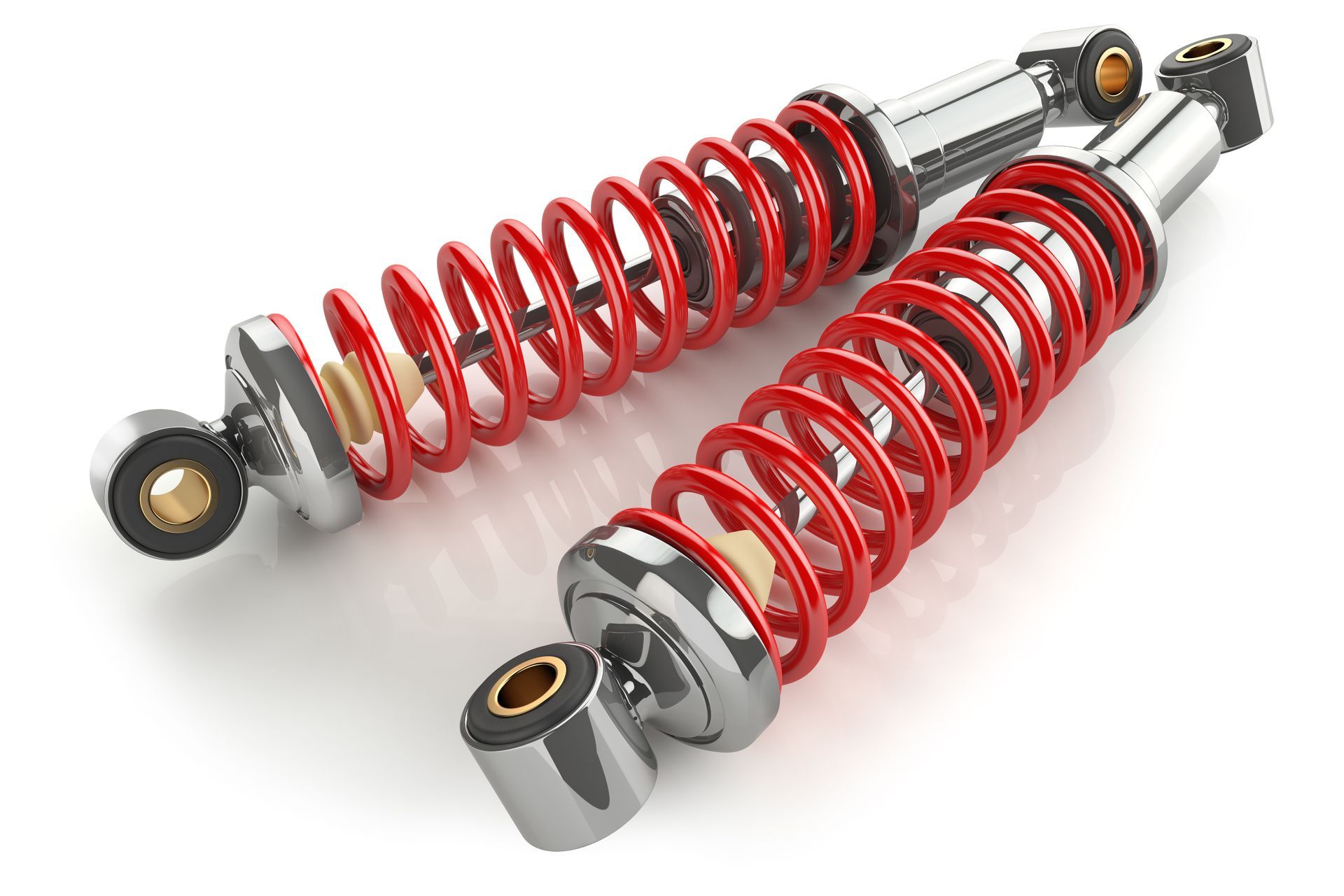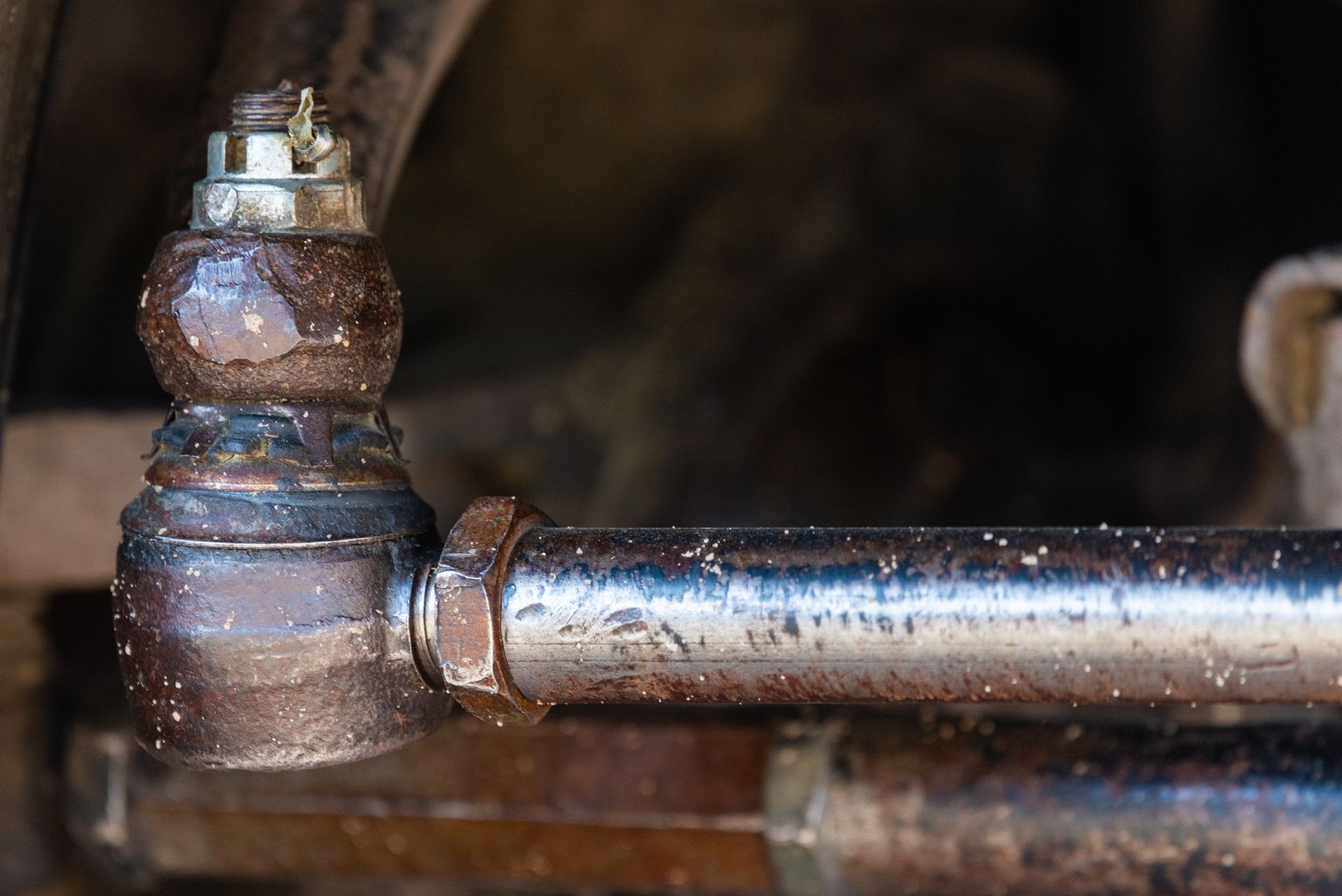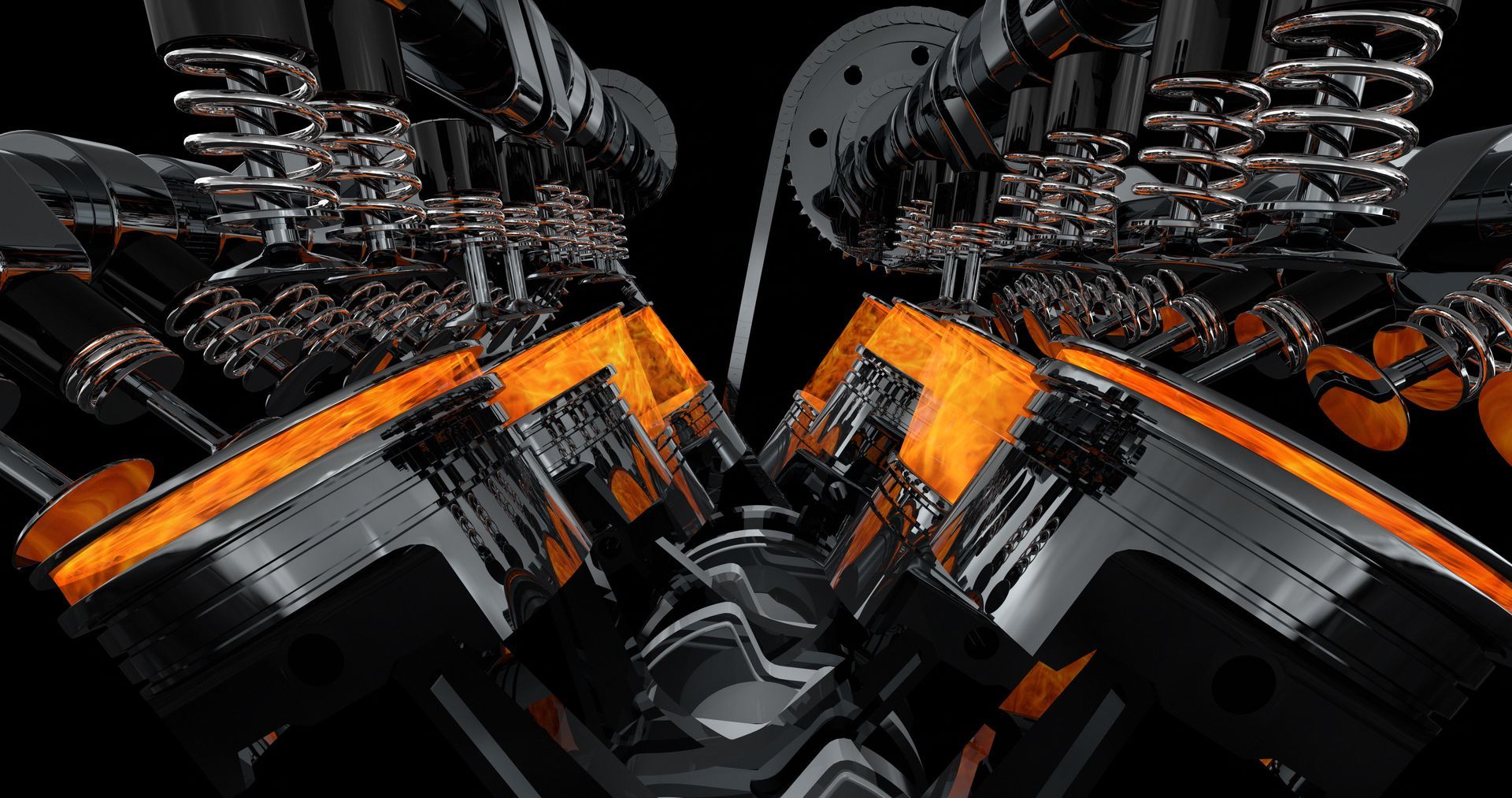Did you notice your car’s temperature gauge climbing higher than usual? Or maybe your heater just isn’t doing its job on a chilly day. These could be signs that your car’s thermostat isn’t functioning properly. A small but important part of your engine's cooling system, the thermostat regulates the flow of coolant between the engine and the radiator. So what happens when this essential component stops working?
What Is the Thermostat’s Role in Your Car?
The thermostat in your vehicle acts as a gatekeeper for the engine’s cooling system. Its primary job is to maintain the engine at an optimal operating temperature, which is typically between 195 to 220 degrees Fahrenheit. When the engine is cold, the thermostat stays closed, allowing it to heat up quickly. Once the engine reaches its optimal temperature, the thermostat opens, allowing coolant to flow through the radiator and cool the engine down.
In short, the thermostat ensures your engine warms up when it’s cold and stays cool when it gets too hot. A well-functioning thermostat helps prevent overheating and ensures the engine operates efficiently.
Signs of a Failing Thermostat
So how do you know if your car’s thermostat is acting up? Here are some common symptoms to watch for:
- Engine Overheating: If the thermostat is stuck in the closed position, coolant can’t circulate, leading to engine overheating.
- Cool Engine Temperature: On the flip side, if the thermostat is stuck open, the engine may run too cold, which can affect its efficiency and cause poor fuel economy.
- Temperature Fluctuations: Sudden jumps or drops in your car’s temperature gauge could indicate that the thermostat is malfunctioning and not regulating the temperature properly.
- Poor Heater Performance: If the engine isn’t reaching the right temperature, your car’s heater may struggle to warm up the cabin.
If you notice any of these issues, it’s time to take a closer look at your thermostat before bigger problems arise.
What Happens When Your Thermostat Fails?
When your thermostat fails, it can either get stuck open or stuck closed, and each scenario has its own set of consequences.
Thermostat Stuck Closed
If the thermostat gets stuck in the closed position, coolant can’t circulate through the engine, causing it to overheat. Engine overheating is serious and can lead to catastrophic damage, such as warped cylinder heads, blown head gaskets, or even engine failure. If you notice your temperature gauge rising quickly, it's important to stop driving and let the engine cool down.
Thermostat Stuck Open
When the thermostat is stuck open, the engine won’t be able to reach its optimal temperature because the coolant will continuously flow. This can lead to your engine running too cold, which reduces fuel efficiency and makes your car less efficient overall. A cold engine may also result in poor cabin heating, which isn’t ideal on a winter’s day.
In both cases, whether stuck open or closed, the thermostat’s failure can cause damage if not addressed promptly. It’s essential to recognize the signs and get your car inspected as soon as possible.
Long-Term Effects of Ignoring a Bad Thermostat
If you ignore the signs of a failing thermostat, you’re putting your engine at risk for significant damage. Running an engine that’s too hot can cause severe internal damage, while consistently running an engine too cold can result in a loss of power, increased fuel consumption, and even harmful emissions. The thermostat may be a small component, but neglecting it can lead to big, expensive repairs.
When to Replace the Thermostat
The thermostat in most vehicles isn’t a part that needs frequent replacement, but it’s also not something that lasts forever. If you’re experiencing any of the symptoms mentioned earlier, it’s wise to have your thermostat inspected and replaced if necessary. Most experts recommend replacing the thermostat every 50,000 to 100,000 miles, depending on your car’s make and model. A professional inspection at regular intervals can help catch any issues before they turn into major repairs.
A failing thermostat can lead to expensive engine damage. Let the professionals at
Precision Automotive Service NY take care of it. Call us today to book an appointment and get your car running at its best!


